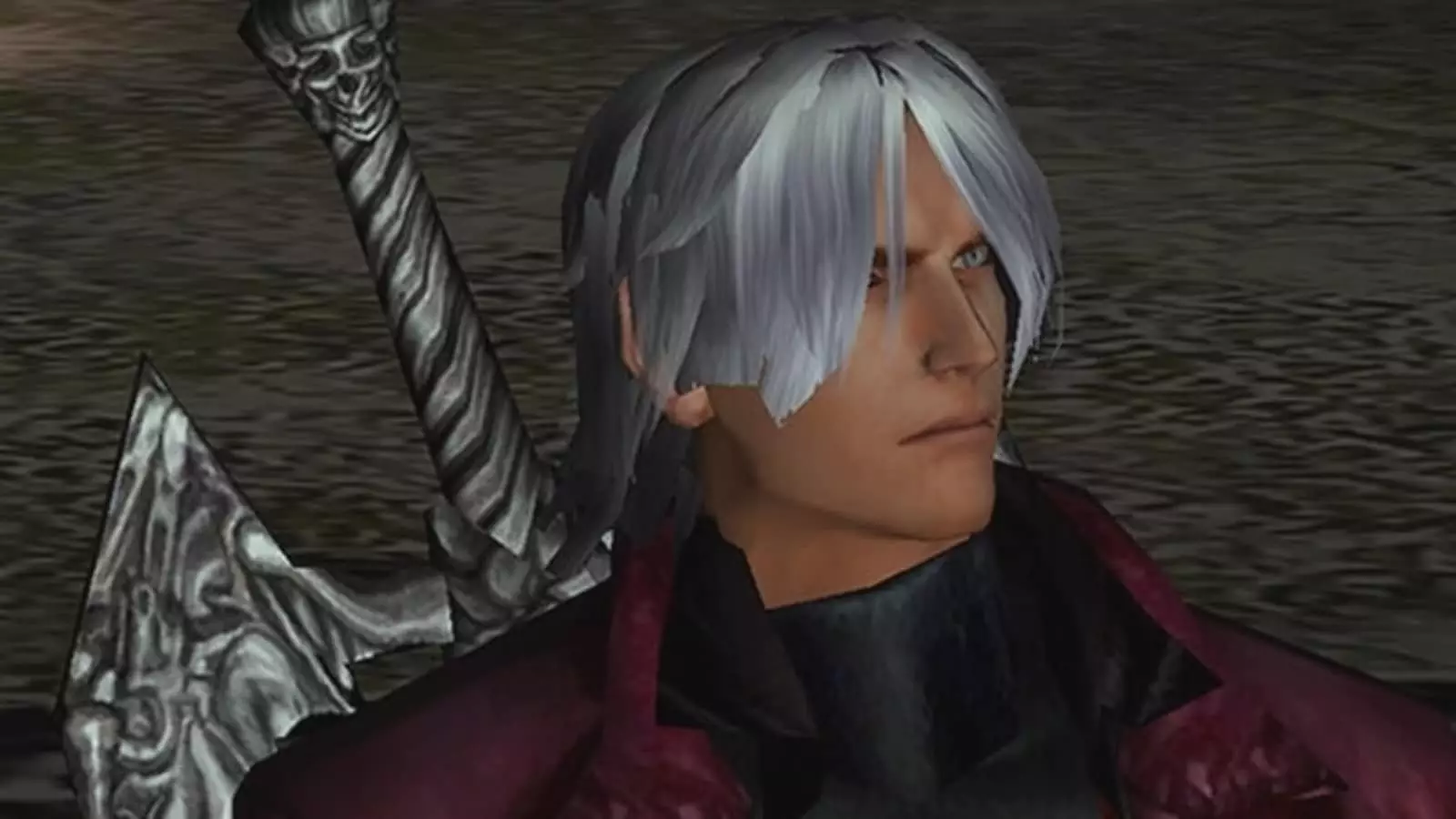Hideki Kamiya, the mastermind behind the iconic Devil May Cry franchise, has recently sparked excitement among fans with his thoughts on a potential remake of the original game. In a candid discussion on his YouTube channel, Kamiya shared his reflections on the evolution of game design over the past two decades. His nostalgic yet critical perspective highlights both his love for the original title and the desire to see it revitalized with contemporary technology. Fans of action-adventure and hack-and-slash genres have long cherished Devil May Cry, and Kamiya’s enthusiasm for reimagining it captures the sentiment that classic games deserve new life.
Why a Ground-Up Remake?
The crux of Kamiya’s argument for a remake lies in the observation that his creation has now aged, feeling like a “24-year-old game design.” It’s a frank take that challenges the notion of a simple remaster—merely polishing graphics for the modern age. Instead, he advocates for a “ground-up” remake that would completely rethink how the game functions, merging classic mechanics with innovative design philosophies found in modern gaming. This distinction is critical; a mere visual upgrade wouldn’t suffice. Kamiya seems to believe that a true remake would tackle everything—from the gameplay mechanics to the narrative structure—offering both veterans and newcomers an enriched experience.
Aligning with Contemporary Gaming Trends
The gaming landscape has undergone a transformation, and titles that were once cutting-edge can feel dated if left unchanged. With advancements in graphics engines, AI behavior, and immersive audio, the remake of a cornerstone like Devil May Cry could attract not only long-time enthusiasts but also a new generation of gamers who may be unaware of its legacy. The success of other franchises, particularly the Resident Evil series, which has seen several successful remakes, sets a precedent that revitalizing classic games can yield both critical and commercial success.
Kamiya’s assessment of current gaming technology allows for an optimistic view regarding what a remake could deliver. Today’s technology enables far richer experiences, creating a visceral connection between players and characters that older technologies simply couldn’t achieve. For example, improved combat mechanics could make battles feel more fluid, while an updated narrative framework could better explore character development and emotional stakes.
A Nostalgic Yet Practical Hope
While it’s important not to read too much into Kamiya’s comments—his musings do not translate into a formal announcement—it nonetheless invokes a sense of hope among fans. The fact that he is considering the possibility of a remake reflects a recognition of the game’s legacy and its importance within the gaming canon. Yet, it’s equally crucial to temper expectations; Kamiya no longer holds a direct position within Capcom, and while he remains in consultation, the tangible realization of a remake may hinge on larger corporate decisions.
That said, a collaboration between Kamiya and Capcom could yield fascinating results if the right opportunity arises. The timing is essential; fans are hungry for fresh content in the franchise after the last major release in 2019. Speculative discussions about a remake or sequel can build excitement, but they’re also a reminder of the potential risks involved when reviving beloved titles—particularly when balancing nostalgia with innovation.
The Future of Devil May Cry
In a world where franchises are frequently modernized, the implications of Kamiya’s interest in a Devil May Cry remake underscore a broader truth in the gaming industry: the desire to revisit and reinvent classic experiences. Though official announcements may be in the distant future, Kamiya’s insights give loyal fans a glimmer of hope. They serve as a reminder that the essence of what made Devil May Cry great could be harnessed alongside new gaming trends to create something extraordinary. In this fast-evolving landscape, the idea of bringing back a seminal title like Devil May Cry isn’t just a fantasy—it’s a possibility worth exploring.


Leave a Reply